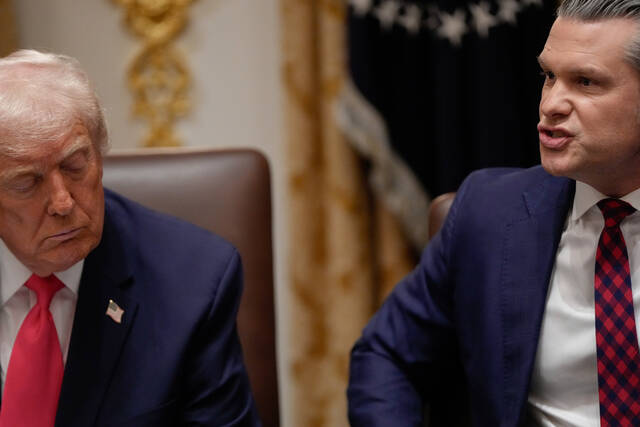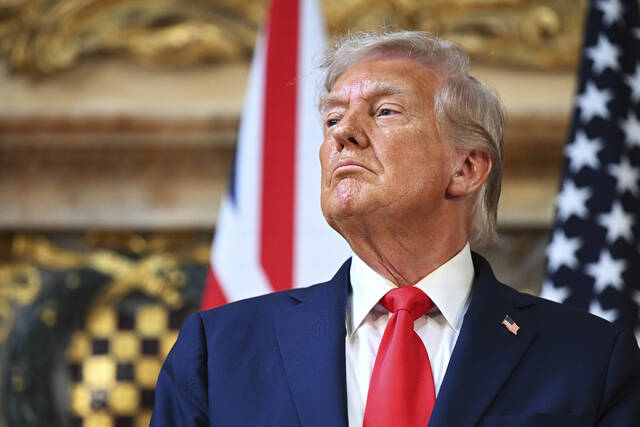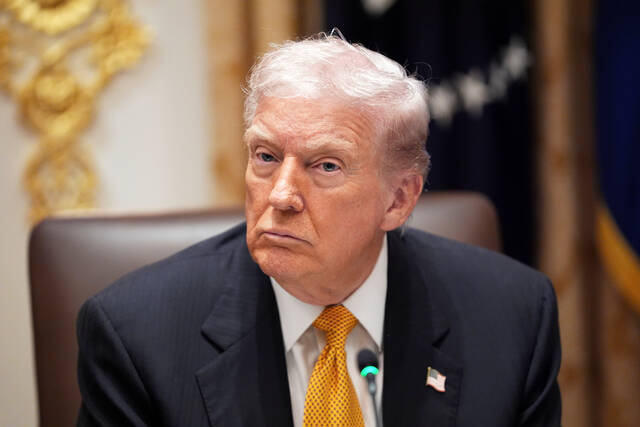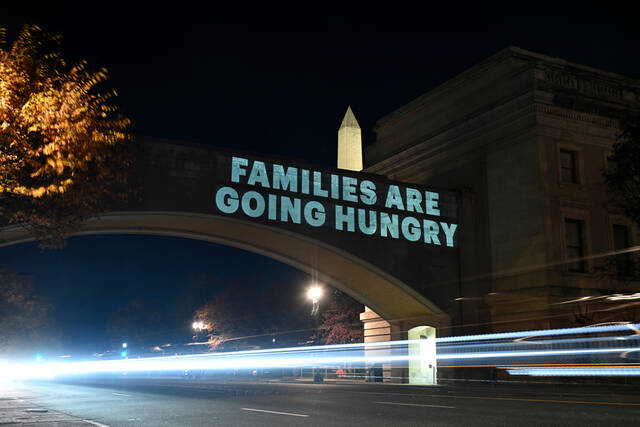On Nov. 12, 1945, just seven months after the death of Franklin Delano Roosevelt, President Harry S. Truman issued a proclamation to mark the first Thanksgiving since the end of World War II.
“We give thanks with the humility of free men, each knowing it was the might of no one arm but of all together by which we were saved. Liberty knows no race, creed, or class in our country or in the world. In unity we found our first weapon, for without it, both here and abroad, we were doomed,” Truman said.
More than 12 million Americans were serving in the various branches at the end of the war, with 7.6 million serving overseas. Operation Magic Carpet used hundreds of ships to get our troops home from the European and Pacific theaters, but it was a massive undertaking and not all of our soldiers and sailors made it back in time for Thanksgiving that year.
Joseph “Dada” Sabino, a young sailor from Braddock, was one of the lucky ones. The first-generation Italian American was already discharged and heading back to his family in the smoky steel town along the Monongahela River by the time Truman issued his proclamation.
Dada’s time at war had been hard, but no harder than it was for all those young Americans from mill towns and farms and big cities who answered the call to serve and suspended their lives. They were just kids. They fought and defeated tyranny. They gave it their best. Some gave it all.
An old, yellowed telegram and a faded letter give us a glimpse of how the lives of millions of American families changed because of the war. This was the new normal then.
“Please notify Joseph Sabino father passing away to come home immediately. Mrs. A. Sabino.” Dada missed his father’s death in 1943 — along with all the other family milestones of what would have been his life before the war. No one who was headed for war got to go home first for personal reasons.
And a letter from the Veterans Administration Hospital in Aspinwall in 1947 told Dada’s mother, “We regret to inform you that the physical condition of your son is considered serious. He may be visited at any time, disregarding regular visiting hours.” There were other close calls and other urgent letters after that, but Dada made it another six years.
As Truman said when proclaiming the celebration of Thanksgiving in 1945, our “exceeding blessings” in America were won “with the courage and the blood of our soldiers, sailors, and airmen … by the sweat and ingenuity of our workers, farmers, engineers, and industrialists … with the devotion of our women and children … because we cherish freedom beyond riches and even more than life itself.”
Truman was realistic, and he reminded us that, “Triumph over the enemy has not dispelled every difficulty.” But he knew what Thanksgiving is really about. We must not just focus on the difficulties, those things that divide us instead of those that bring us together.
On Thanksgiving, as Truman said, we must “rededicate ourselves to those high principles of citizenship for which so many splendid Americans have recently given all.”








